In the ever-evolving landscape of digital marketing, one factor remains constant – the pivotal role of content.
Content marketing has become the backbone of online strategies for businesses across industries.
However, the success of a content marketing campaign is not solely reliant on the quantity of content produced; rather, it hinges on the quality and strategic approach employed.
Let’s discuss the significance of creating valuable, relevant, and engaging content to highlight the impact on audience engagement, brand visibility, and overall business success.
Defining Content Quality and Strategy:
Before delving into the importance of content quality and strategy, it’s crucial to understand what constitutes high-quality content and an effective content strategy.
- Quality Content: High-quality content goes beyond mere information dissemination. It’s content that is informative, insightful, and adds value to the reader. It’s not just about meeting SEO requirements but about satisfying the user’s intent. Quality content establishes authority, builds trust, and fosters a connection between the brand and the audience.
- Content Strategy: Content strategy involves planning, creating, distributing, and managing content to achieve specific business goals. It goes beyond the creation of individual pieces of content and encompasses the overall approach to content across various platforms and channels. A robust content strategy aligns with business objectives, target audience needs, and the overall marketing plan.
The Impact of Quality Content on Audience Engagement:
- Increased Dwell Time: Valuable and engaging content captures the audience’s attention, leading to increased dwell time on a website. According to a study by HubSpot, websites with blog content have, on average, 434% more indexed pages than those without, contributing to higher search engine rankings and visibility.
- Reduced Bounce Rates: Quality content addresses user queries effectively, reducing bounce rates. Google considers bounce rates when ranking websites, and lower bounce rates indicate that visitors are finding the content relevant and engaging.
- Social Media Shares and Comments: Engaging content is more likely to be shared on social media platforms. A study by Shareaholic found that social media drives 31.24% of overall website traffic. When content resonates with the audience, they are more inclined to share it, expanding the content’s reach.
Building Brand Authority and Trust:
- Establishing Expertise: Quality content allows businesses to showcase their expertise in their respective fields. According to a survey by Edelman, 63% of consumers believe that what a company says about its products and services is more credible than what the media says about them.
- Fostering Trust: Trust is a crucial factor in customer loyalty. The Content Marketing Institute reports that 96% of the most successful content marketers agree that their audience views their organization as a trusted resource.
- Repeat Business and Customer Loyalty: Engaging content not only attracts new customers but also nurtures existing relationships. A study by Invesp found that it costs five times more to acquire a new customer than to retain an existing one. Quality content contributes to customer retention, fostering loyalty and repeat business.
Search Engine Optimization (SEO) Impact:
- Higher Search Engine Rankings: Search engines prioritize high-quality, relevant content. According to a study by Backlinko, the average first-page result on Google contains 1,447 words, indicating that comprehensive and valuable content is more likely to achieve higher rankings.
- Increased Organic Traffic: Content optimized for search engines attracts organic traffic. According to BrightEdge, organic search drives 53% of all website traffic. Strategic content creation, including the use of relevant keywords, contributes to increased visibility and organic traffic.
Adapting to Evolving Consumer Expectations:
- Personalized Content: Consumers now expect personalized experiences. According to a study by SmarterHQ, 72% of consumers say they only engage with personalized marketing messages. Crafting content tailored to individual preferences and behaviors enhances the user experience and increases engagement.
- Multi-Channel Presence: Effective content strategies span multiple channels. A survey by Content Marketing Institute reveals that 75% of marketers use more than one channel for distribution. A diversified content approach ensures reaching a wider audience and adapting to changing consumption patterns.
Measuring Content Success:
- Key Performance Indicators (KPIs): Measuring content success involves tracking key performance indicators. Common KPIs include website traffic, social media engagement, conversion rates, and customer retention. According to Content Marketing Institute, 61% of marketers identify web traffic as the most important metric for measuring content success.
- Content Analytics Tools: Utilizing analytics tools is crucial for assessing content performance. Google Analytics, for instance, provides insights into user behavior, popular content, and conversion rates. The use of such tools enables marketers to refine strategies based on data-driven insights.
The Future of Content Marketing:
As the digital landscape continues to evolve, the importance of creating valuable, relevant, and engaging content becomes even more pronounced. Businesses that prioritize quality content and strategic planning are better positioned to capture audience attention, build brand authority, and drive business success.
As consumer expectations are continually evolving, content still remains the cornerstone of effective communication and connection between brands and their audiences.
Embracing a holistic content strategy that combines quality, relevance, and engagement will undoubtedly be key to staying competitive in the digital marketplace.







